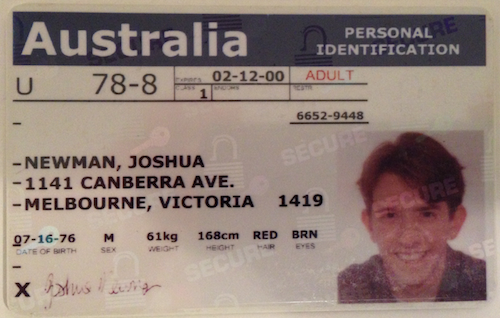Picante
While we were shooting the Israeli documentary, we spent a bunch of time in the village of Sakhnin. Almost every day we shot there, we ate lunch at the same restaurant. The place served lunch Arab style: a first shared course with plate after plate of salads, breads, dips, pickles and olives. followed by a second course of grilled meat or fish.
Each lunch, we’d eat the all pickles and olives they’d brought out. But we’d leave behind the single pickled pepper that always sat on the same plate. After a week or so, the owner of the restaurant started ribbing us about the pepper.
“Too hot for you?” he’d ask, and laugh.
Four or five days later, just to shut the guy up, I ate one of the peppers.
“See,” I said. “Not so bad.”
“Oh,” he replied, “those peppers are only hot to Jewish people. I’ll get you the real peppers.”
He headed to the kitchen, reemerging a few minutes later with two small, green peppers on a plate. They weren’t more than an inch long, but they were the brightest colored food I’d ever seen.
“I’ll do it,” I said, “if Denny will eat one, too.”
Denny was our sound guy, about forty-five years old. He raced motocross, and he had done sound for TV news front-line war reporting. He was the guy sitting in the midst of gunshots and mortar fire, holding a boom mic overhead. If anybody else was stupid enough to eat one of these with me, it was Denny.
“Okay,” he shrugged.
So we toasted each other with the peppers, and then each took a big bite.
I chewed. I swallowed. It was hot, but not so terrible.
And then, about five seconds later, somebody set off an atomic bomb in my mouth.
I looked over at Denny, who was turning redder and redder. My eyes started running. As did my nose.
“Drink milk!” somebody yelled. “Eat some bread!”
But nothing helped. At some point, Denny and I started laughing hysterically about the whole thing. What else could you do?
We laughed and snotted and laughed for about fifteen minutes of searing pain, after which things started to cool down. About ten minutes later, I tried a bite of the original, less spicy pepper. It tasted like vinegar, a sign, apparently, that I’d temporarily blown out my ability to perceive spicy.
Over the following few weeks, the owner of the restaurant treated Denny and me better than the rest of the group. For at least a day, I think my core body temperature was up a degree or two. And, spicy as that pepper was on the way in, it was just as bad on the way back out.
